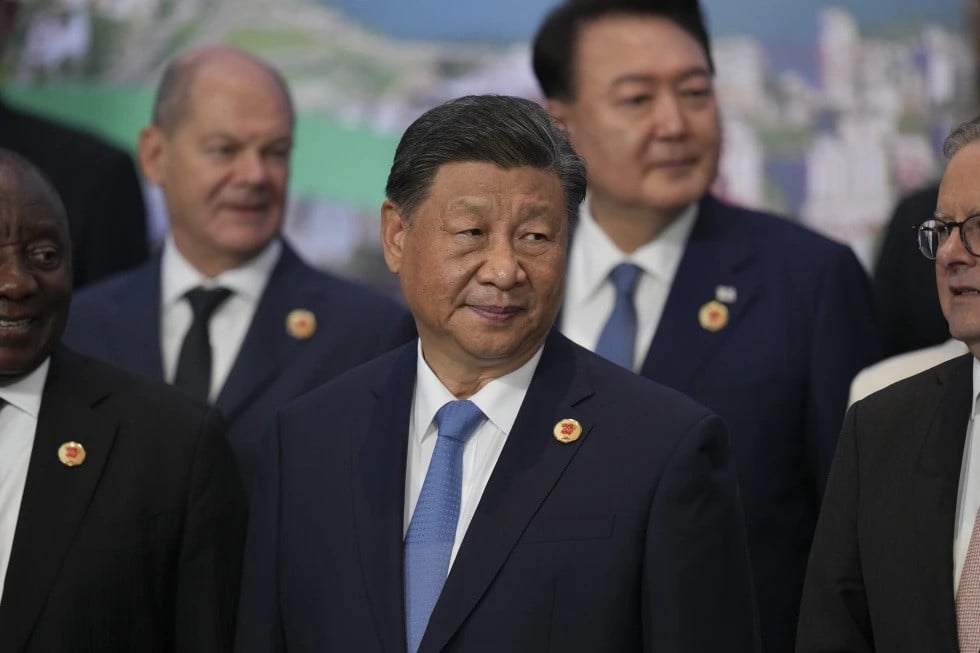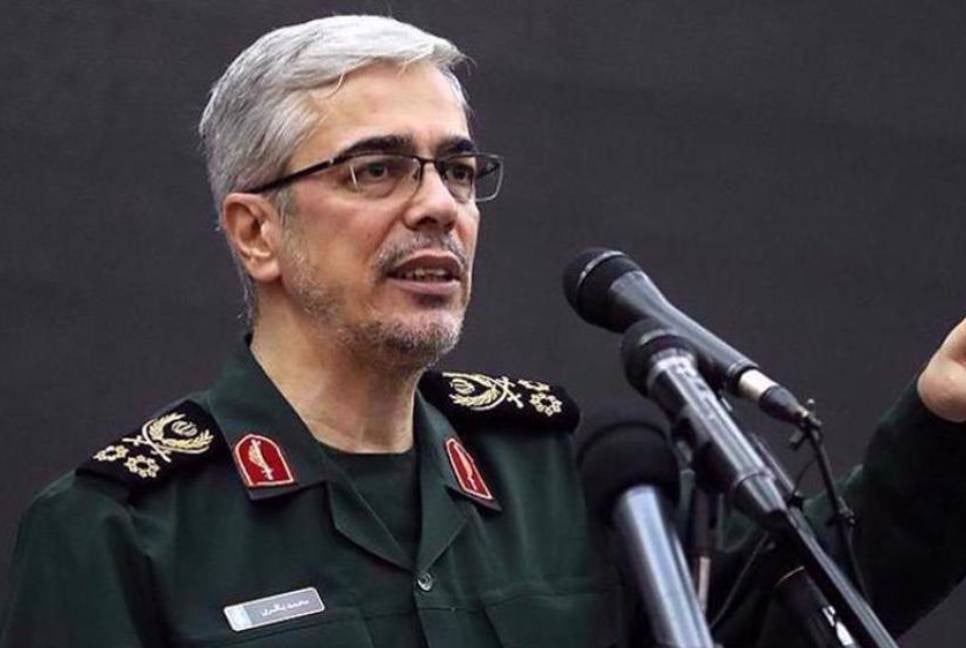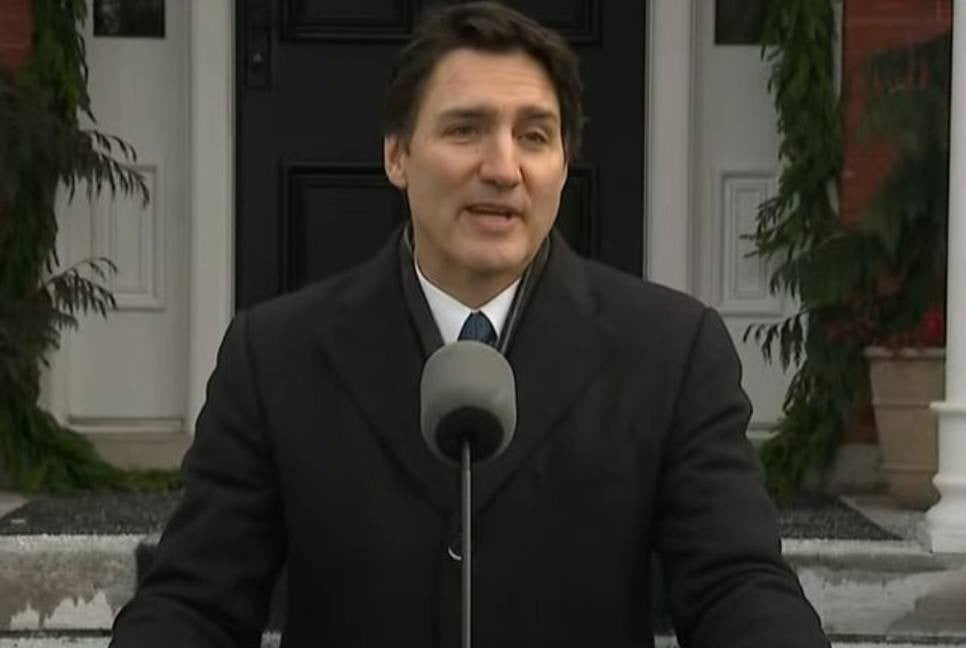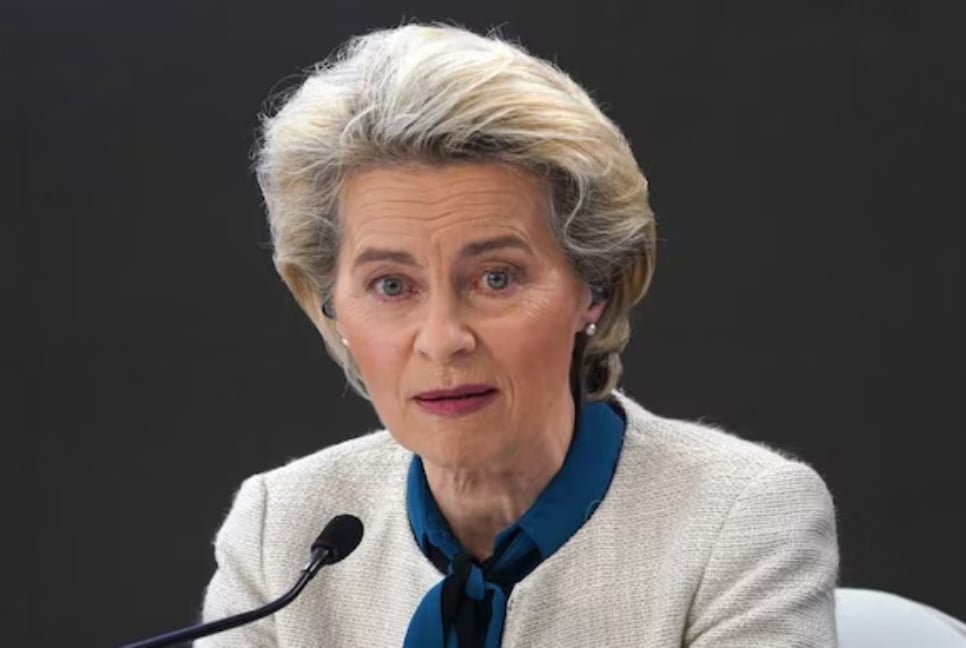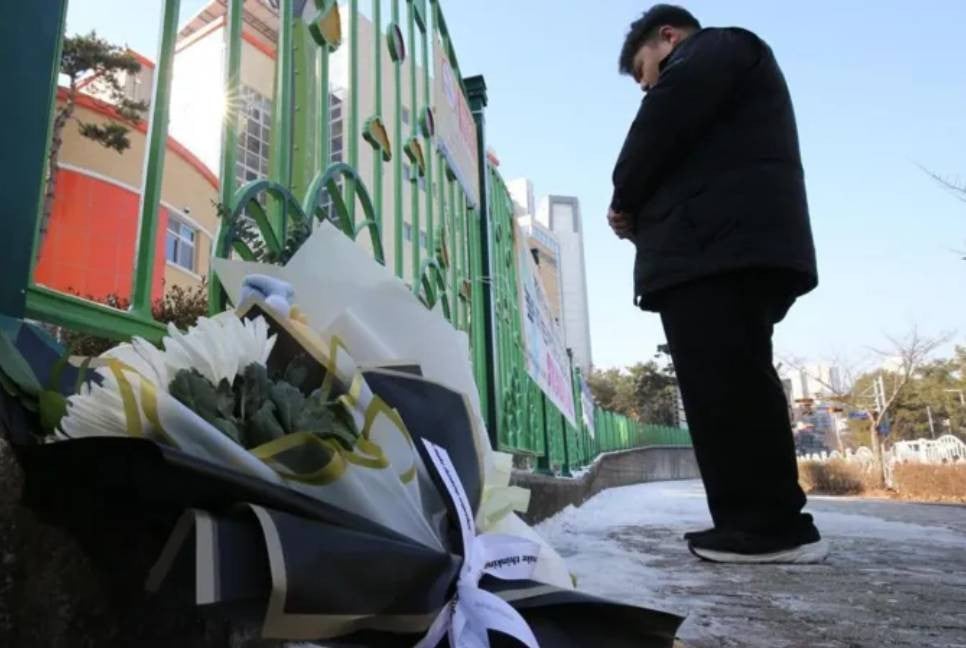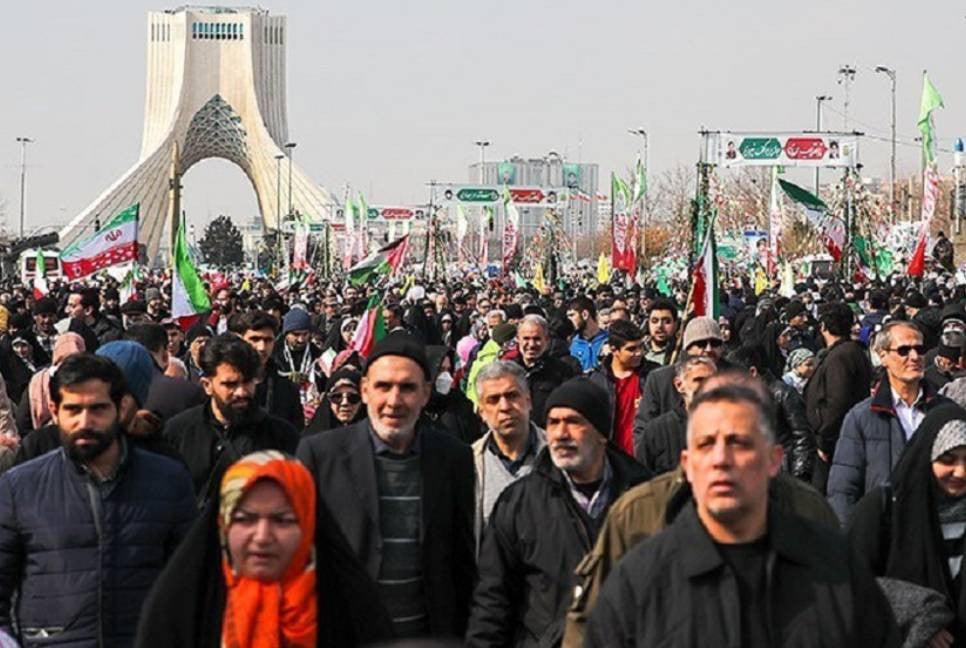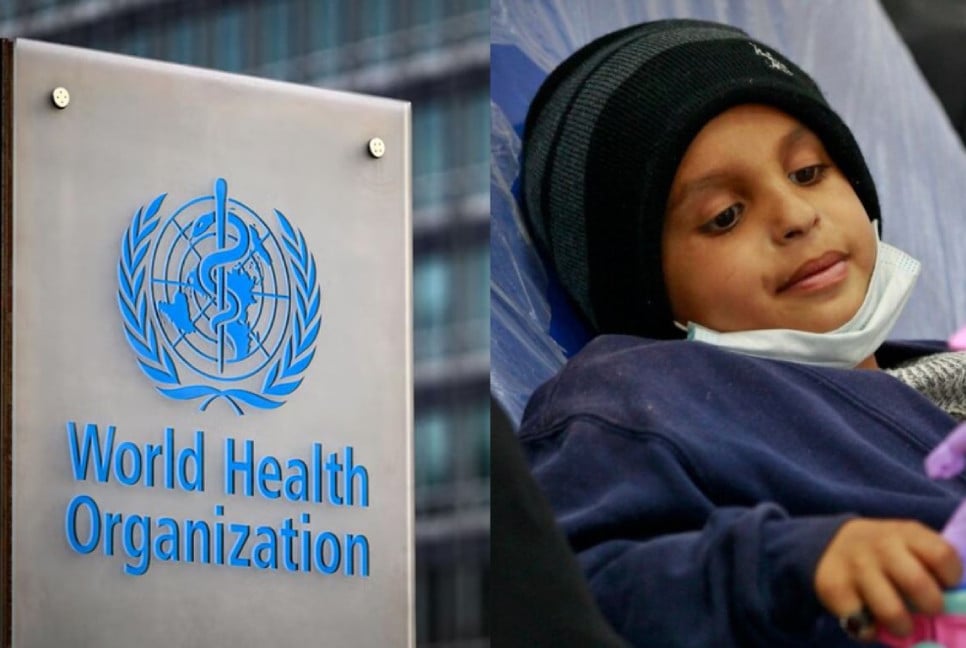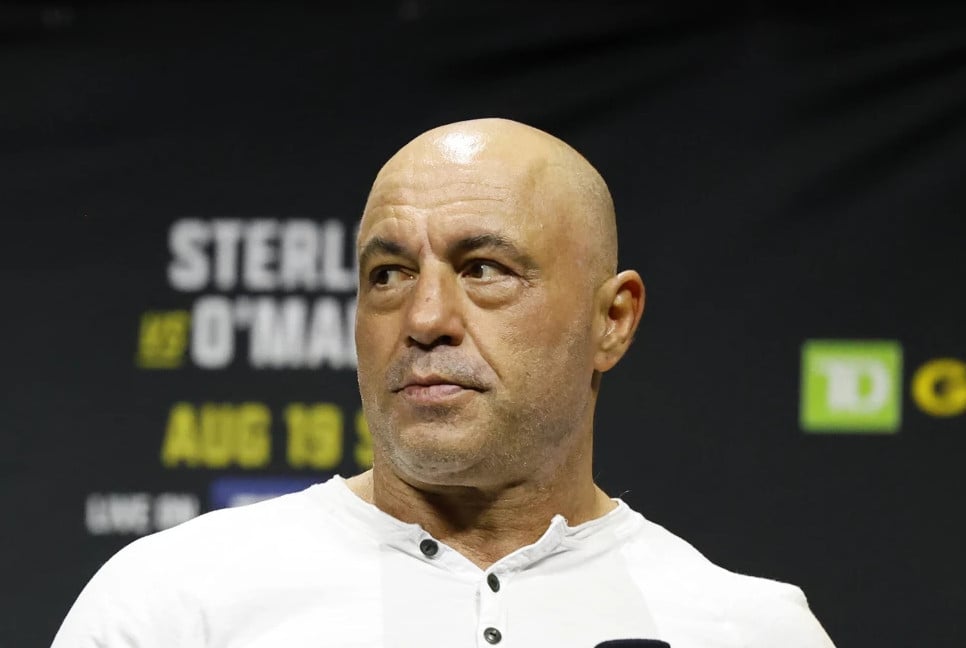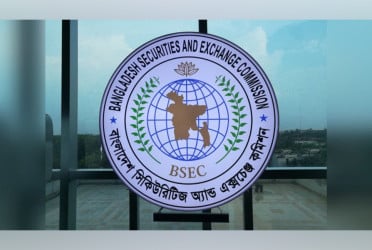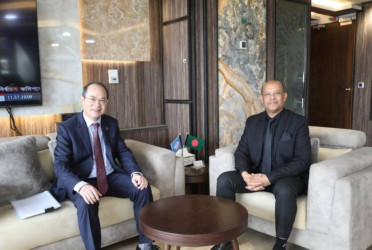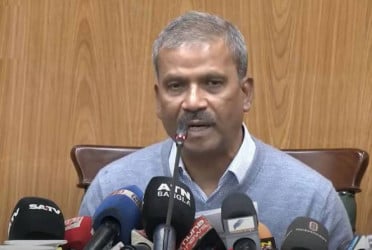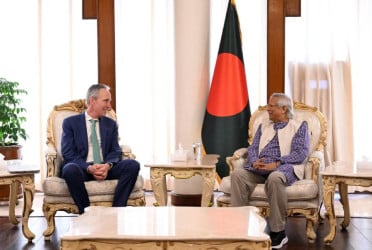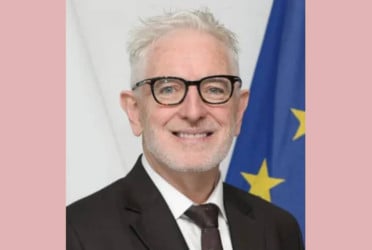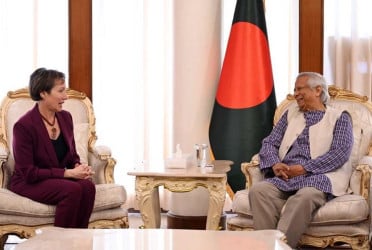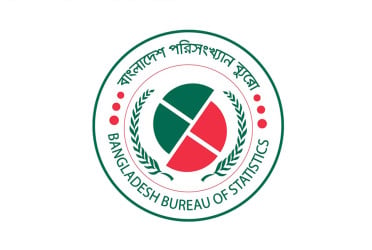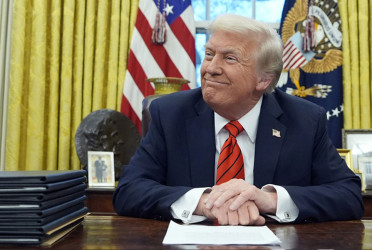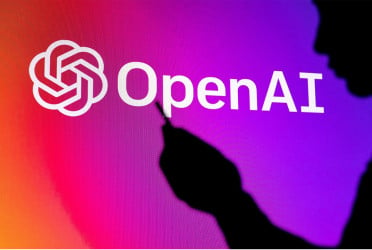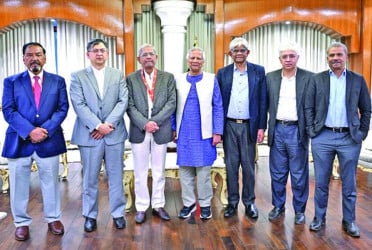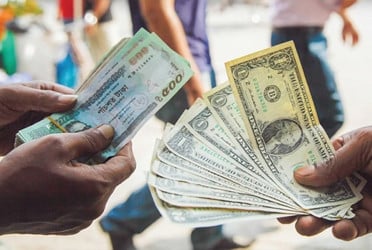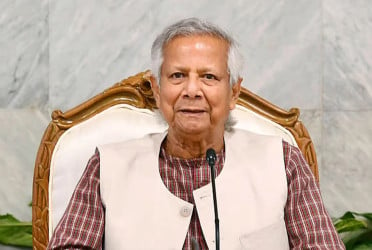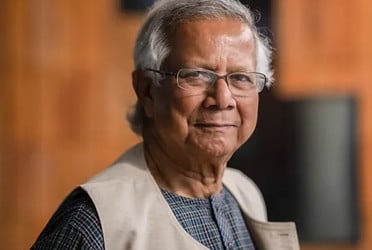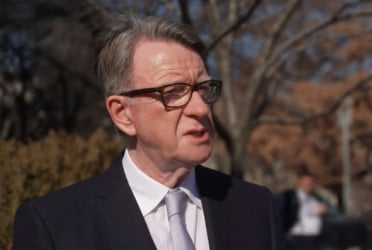Chinese President Xi Jinping is unlikely to accept President-elect Donald Trump’s invitation to attend his January 20 inauguration, with analysts citing significant political and diplomatic risks, reports AP.
Trump’s incoming press secretary, Karoline Leavitt, confirmed on Thursday that the invitation had been extended. However, the Chinese Embassy in Washington declined to comment, stating it had no information to share.
Experts suggest Xi’s attendance would be an unusual move, given the escalating competition between the two nations. “The optics and potential fallout of Xi attending could outweigh any goodwill gesture, especially with tensions already high,” one expert noted.
While the invitation highlights Trump’s attempt to make an unconventional overture, it is unlikely to shift the broader dynamics of the U.S.-China relationship as a new administration takes office.
Why wouldn’t Xi attend?
“Can you imagine Xi Jinping sitting outdoors in Washington, D.C., in January at the feet of the podium, surrounded by hawkish members of Congress, gazing up at Donald Trump as he delivers his inaugural address?” said Danny Russel, who previously served as assistant secretary of state for East Asian and Pacific affairs.
Russel, now vice president for international security and diplomacy at the Asia Society Policy Institute, said Xi would not allow himself to “be reduced to the status of a mere guest celebrating the triumph of a foreign leader — the U.S. president, no less.”
Yun Sun, director of the China program at the Stimson Center, a Washington-based think tank, said Beijing will play it safe when there’s no protocol or precedent for a Chinese leader to attend the inauguration of a U.S. president.
“I don’t think the Chinese will take the risk,” Sun said. There could be risks in the guest list, for example, Sun said, noting that Taiwan’s top diplomat in the U.S. attended the swearing-in of President Joe Biden in 2021. Beijing considers Taiwan to be Chinese territory and has repeatedly warned the U.S. that it is a red line not to be crossed.
Should Trump slap tariffs as high as 60% on Chinese goods upon taking office as he’s threatened, Xi would look like a fool if he had chosen to attend, and that’s unacceptable to Beijing, Sun said.
Rather, Chinese officials are known for their obsession with the dignity and security of their leader when traveling abroad, said Russel, who has negotiated high-level summits with the Chinese. “They have always demanded that any leader trip to Washington be treated as a full ‘state visit’ with all the bells and whistles,” Russel said.
What’s ahead for U.S.-China relations?
But it should be expected that planning is underway for Trump and Xi to meet in person soon, Russel said. Trump prefers in-person meetings with foreign leaders, especially key adversaries, and Beijing might believe it can get a better deal by dealing directly with Trump, Russel said.
Donald Trump’s anticipated return to the White House is likely to escalate tensions in the U.S.-China relationship. He has nominated prominent China hawks to key positions, including Senator Marco Rubio as Secretary of State and Representative Mike Waltz as National Security Adviser.
Beijing has adopted a cautious "wait-and-see" stance but has warned of retaliation if Washington imposes higher tariffs on Chinese goods or pursues other adversarial actions.
Yun Sun of the Stimson Center notes that Trump's outreach to China does not preclude confrontational policies. She pointed to his 2017 visit to China, during which he maintained a cordial tone, only to launch a trade war the following year.
Bd-pratidin English/ Jisan

